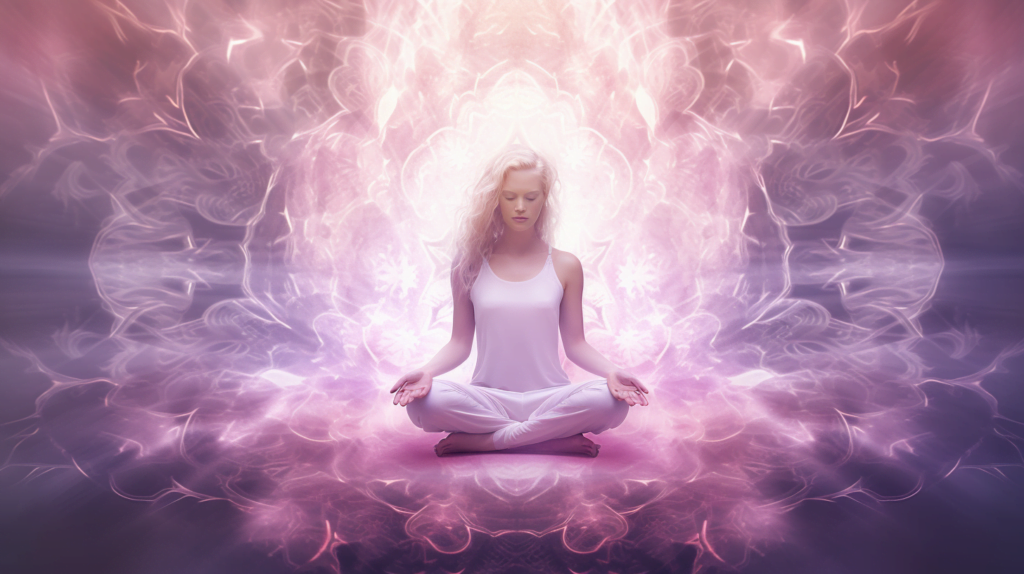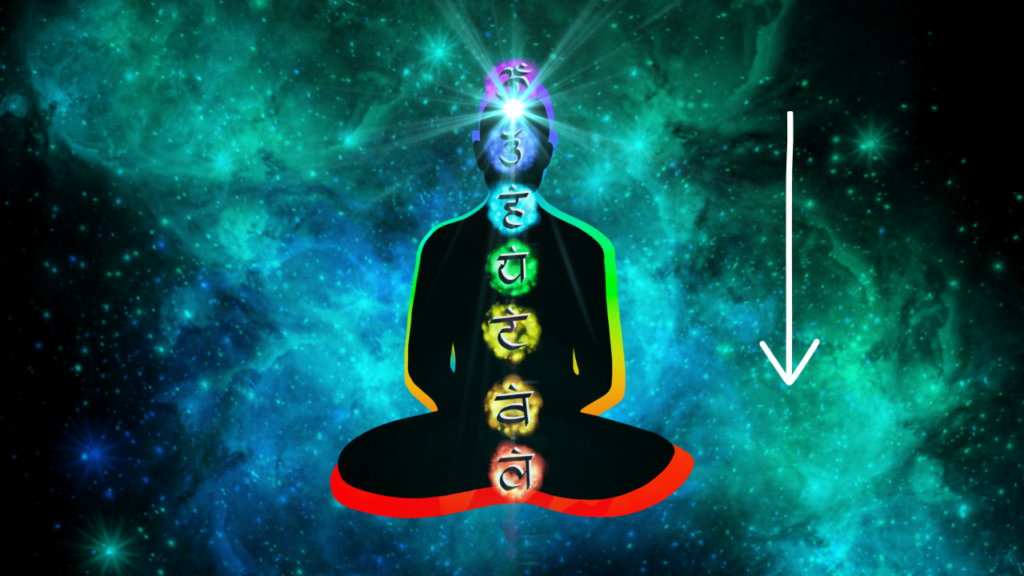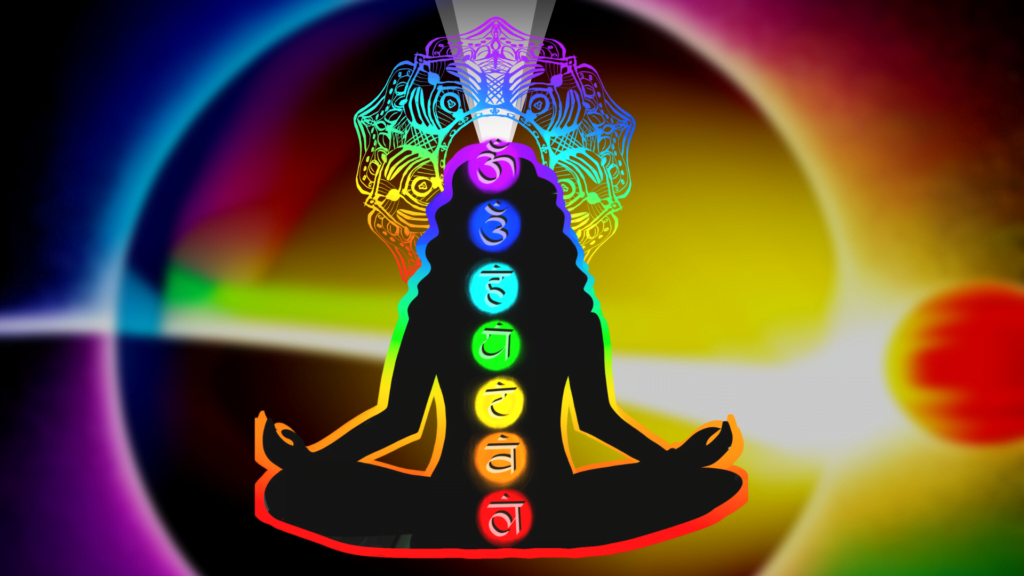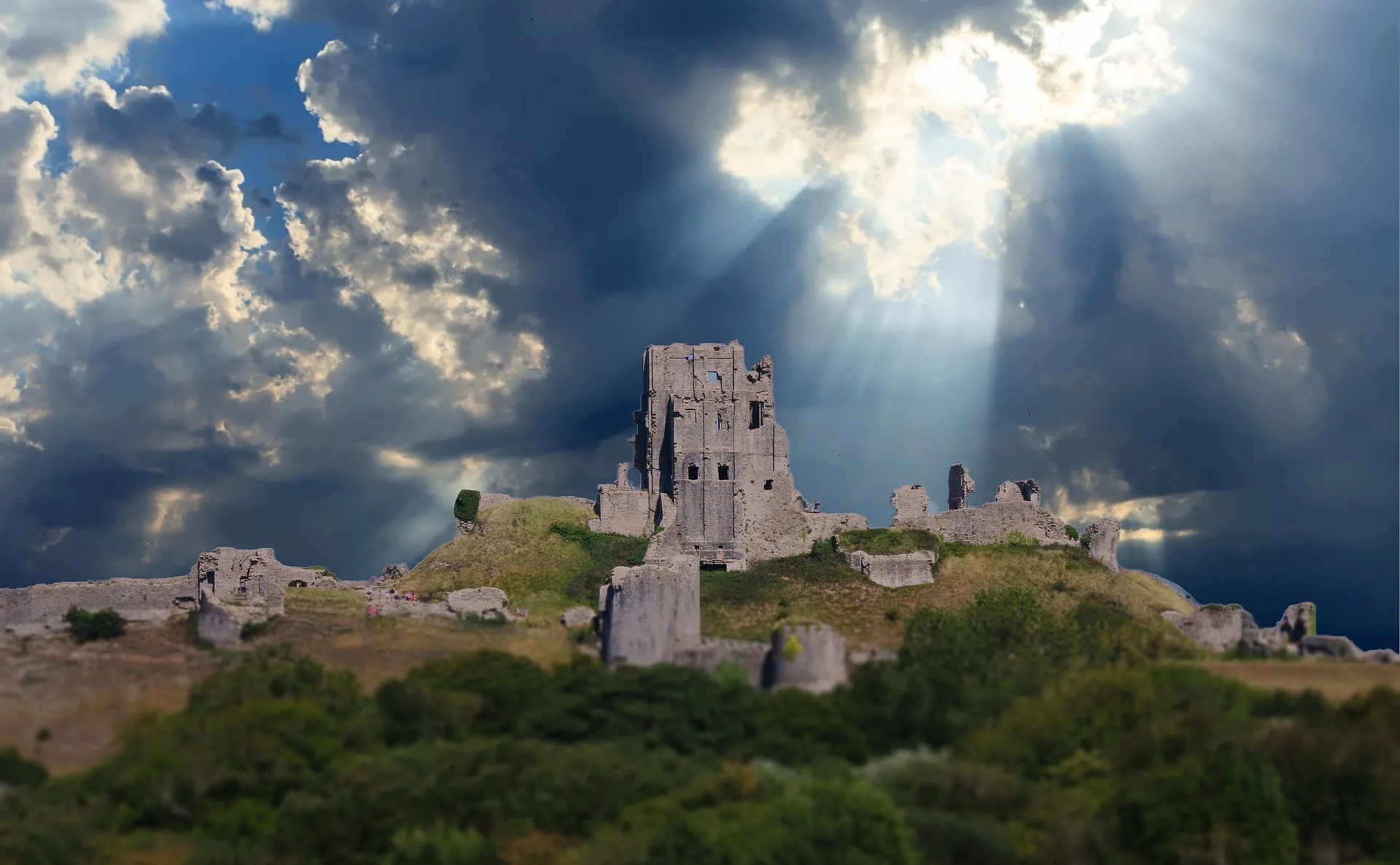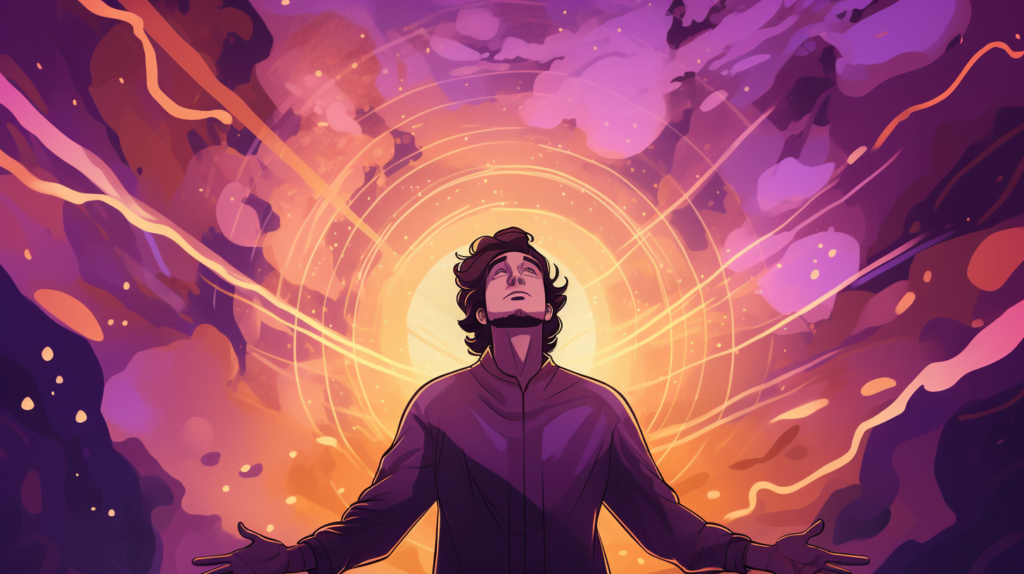Can’t Sleep After Spiritual Awakening? Here’s Why
The night of my kundalini awakening I laid in my bed eyes wide open, heart racing, completely unable to sleep. I so desperately wanted to catch some sleep, but there was just no way after my awakening. Insomnia is a common experience for people who just had an intense spiritual awakening or are about to have a spiritual awakening. Know that this a normal symptom of awakening and that there are indeed reasons for it. Don’t feel like all hope is lost for a good night’s rest after a spiritual awakening. There are a few things you should know that could help you to catch some sleep during this ascension experience. 5 reasons you can’t sleep after a spiritual awakening There are a few reasons why you might not be able to sleep due to a spiritual awakening. 1. The shock of the awakening is keeping you awake If the spiritual awakening just happened you could be in a state of shock. The states of consciousness activated by a spiritual awakening can keep activate a state of fight or flight. Not all awakenings are rainbows and butterflies, sometimes they can be overwhelming! My last awakening was so intense that it left me with a racing heart and adrenaline filled veins. Needless to say, I couldn’t sleep a wink that night. It’s very possible that you can’t sleep after a spiritual awakening because your mind and body are on high alert after such a radical shift in consciousness. If this is the case, just know that you are safe. You simply are having a very intense spiritual experience. 2. You can’t stop thinking about the awakening If you had a powerful spiritual insight earlier in the day, you may be completely in awe of the awakening you just had. You’ve been thinking about your life from this new perspective all day, but now its time for bed and you just can’t stop thinking. I wouldn’t be able to sleep very well either if my entire view of the world was just completely transformed a few hours previously. Spiritual awakenings can leave you feeling excited and curious about what’s really true about this universe of ours, which can lead to an inability to fall sleep. I fall into this trap of overthinking about the nature of reality quite often. You see, I’m a thinker and I love understanding reality and spirituality. It’s the most interesting and important thing to me. It’s no wonder you can’t sleep if you can’t stop thinking about all these amazing things! 3. You are filled with kundalini energy If you’re having a specific type of awakening known as a kundalini awakening, you will most likely not be able to sleep at all. This was the case for me when I had my kundalini awakening. I stayed awake for hours with a racing heart and anxiety around what just happened to me. Kundalini is a divine energy that can become activated in your body. When your kundalini activates it sends powerful energy flowing through your chakras. This experience can be very scary and may leave up feeling very energized and anxious. Kundalini awakening is characterized by: From those symptoms you can see why it might be hard to fall asleep after activating your kundalini. If you think you’re having a kundalini awakening and don’t know what to do, see these articles to help you get through this intense experience: “How To Handle An Unexpected Kundalini Awakening” “Is A Kundalini Awakening Permanent?” 4. You’re awakening freaked you out Whether you’re having a kundalini awakening or some other profound spiritual experience such as ego death, it can leave you feeling pretty freaked out. Though many times we hear about the bliss and love associated with spiritual awakening, fear can often accompany these spiritual experiences. Because they are new to us and can shift our reality, a spiritual awakening can induce a lot of fear. Especially if you don’t know how to properly surrender to an awakening. Our heightened fear and anxiety make it nearly impossible to sleep. The key to facing the fear of an awakening is complete surrender. The only way out is through. More on that later. 5. Your awakening is bringing up trauma Some spiritual awakenings cause very specific shifts in your being. In some cases, an awakening will bring up trauma and negative aspects of yourself to work through. In the end, this will be deeply healing. But when this trauma arises, it will be very difficult to face. The awakening can bring up these things to be worked through, especially if they’ve been pushed down and ignored for a long time. This very unpleasant event can most definitely keep you awake at night. Though very unpleasant, it will be for greater healing later on. “Struggling With Spiritual Awakening? Why It Can Be Lonely And Hard” Insomnia as a sign of spiritual awakening If you can’t sleep and have a suspicion it could be because of an impending spiritual awakening, you could right! Even if you haven’t had a spiritual awakening, your insomnia could be because you’re on the brink of a spiritual awakening. As your spiritual energy increases and you come close to a spiritual awakening, you may find it hard to sleep. Somewhere deep in your psyche you know something is coming, but you just don’t know what. There might be excitement for this future that keeps you awake, or perhaps it could be due to insomnia from a dark night of the soul. > see my article “20 Signs Of Spiritual Awakening” The dark night of the soul If you’re in a dark night of the soul you might be experiencing depression, loneliness, and insomnia. The dark night of the soul is the dark period that many people face before opening up into the love and light of spiritual awakening. This is where you must face all your demons head on. The awakening process forces you through your shadow side and negativity.
Can’t Sleep After Spiritual Awakening? Here’s Why Read More »





